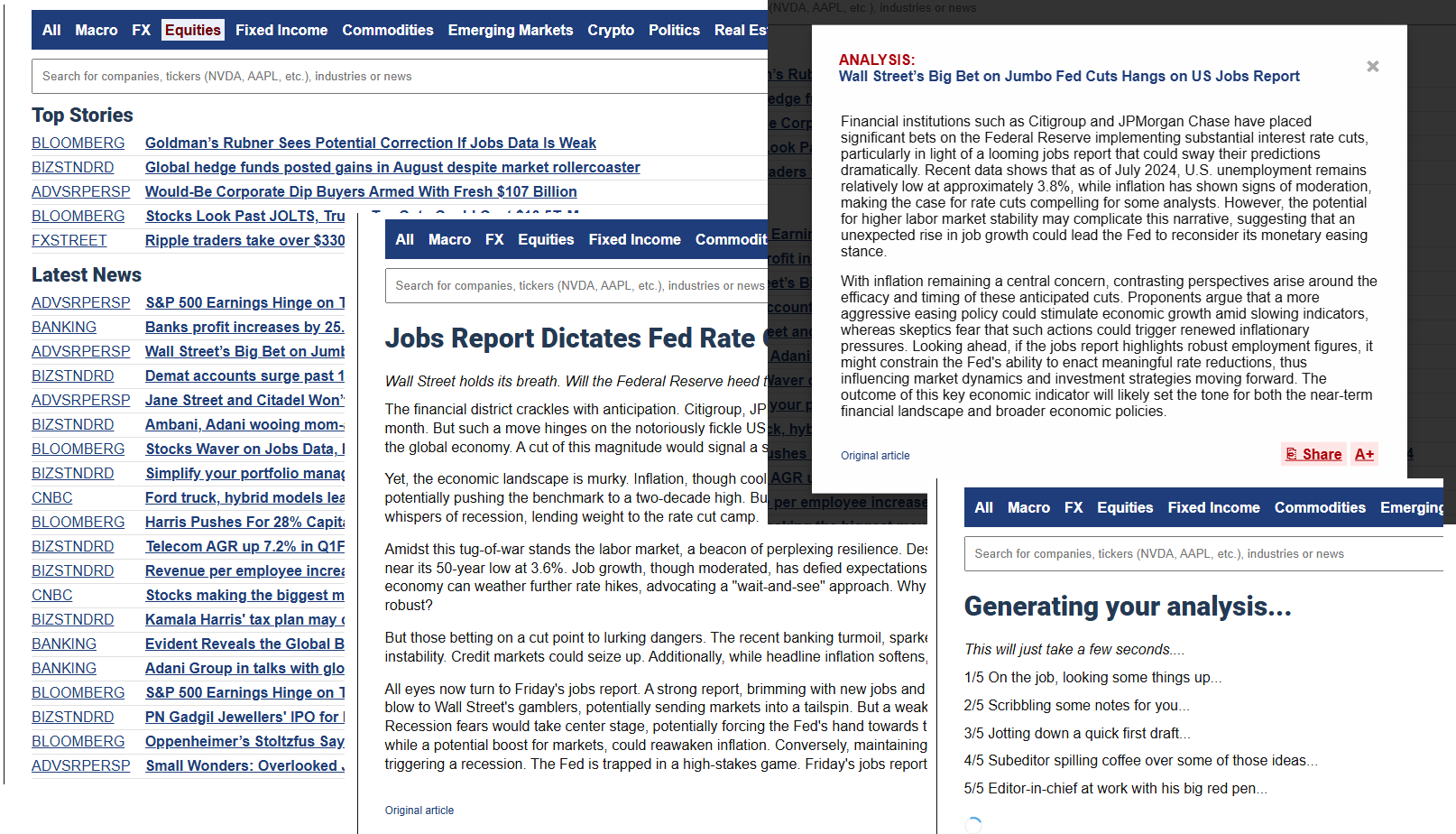Airbnb Navigates Market Volatility And Regulatory Complexities
In the ever-shifting landscape of global finance, Airbnb Inc. stands as both a beacon of growth and a subject of scrutiny. As a leader in the tech-driven accommodation sector, Airbnb's current path is marked by a series of momentous developments and challenges. Central to its narrative is its recent inclusion in the prestigious S&P 500 index, a milestone that underscores its expansive growth and significant market valuation.
Airbnb's entry into the S&P 500 comes at a time of heightened market volatility. Historically, companies joining this index see an immediate boost in visibility and investment interest, often accompanied by improved stock liquidity. Yet, the path is fraught with volatility spikes, as investor portfolios realign to include the newcomer. Analysts draw parallels with companies like Uber Technologies and Super Micro Computer, whose entries into the S&P 500 were followed by periods of notable stock fluctuations. Observers keenly assess whether Airbnb will echo this historical pattern.
Recent trading sessions paint a picture of vibrant, yet erratic, market behavior. Airbnb has been a notable performer, with stocks swinging across premarket and after-hours sessions. These movements often mirror broader economic signals such as jobless claims, which recently rose, sowing seeds of market anxiety. Such economic indicators, coupled with factors like investor sentiment and sector-specific earnings reports, dictate the ebb and flow of Airbnb's market valuation, highlighting its sensitivity to external economic conditions.
The regulatory landscape adds another layer of complexity to Airbnb's journey. Estonia's decision to block a new European Union proposal on tax reforms for digital platforms, including Airbnb and Bolt, illustrates the intricate interplay between national and regional fiscal policies. This move, framed as a victory for digital economy advocates, reveals the EU's internal divisions over harmonizing tax regulations for cross-border services. Estonia contends that such tax amendments could dampen innovation, disproportionately affecting burgeoning digital firms operating on an international scale. This regulatory standoff symbolically represents the multifaceted challenges that tech companies like Airbnb must navigate.
Airbnb's evolution mirrors broader economic shifts. It's more than just a corporate ascension story; it's a commentary on the balance between regulation and free-market dynamics. As EU-wide initiatives encounter resistance from member states, companies must exhibit agility in adapting to constantly evolving consumer trends and a fragmented global tax regime. For Airbnb, strategic navigation through this landscape demands a careful balancing act: pursuing growth while ensuring compliance across diverse fiscal environments.
Investor and analyst interest in Airbnb remains high, with keen attention on how its performance aligns with overarching digital economy trends. Regulatory reforms and technological advancements are reshaping consumer behaviors, particularly as remote work continues to redefine travel patterns. These shifts challenge Airbnb's traditional business model, urging it to leverage its adaptability for sustained competitive advantage.
Looking forward, the onus is on companies like Airbnb to deftly maneuver through regulatory changes and new market demands. Investors seek to identify businesses capable of capitalizing on these shifts through innovation and diversification. Upcoming quarterly results from Airbnb will serve as a bellwether for broader tech industry trends, providing insights into the effectiveness of their strategic responses to current market dynamics.
As Airbnb evaluates its strategic footing post-S&P 500 inclusion, potential synergies with other digital service sectors are conceivable. Technological integrative pathways could open opportunities for cross-sector partnerships, bolstering Airbnb's influence and ensuring its position as a resilient market leader.
Ultimately, the dynamic interplay between market forces and regulatory constructs, epitomized by Airbnb's experiences, is shaping a narrative that extends beyond individual companies. Success for digital-native firms in this complex ecosystem hinges on their ability to adeptly engage with these evolving dynamics. The outcome will not only define Airbnb's trajectory but also pave the way for the next cohort of tech companies aspiring to make their mark globally.
As this narrative unfolds, evolving strategies, regulatory dialogues, and investor sentiments will continue to sculpt the landscape for Airbnb and its peers. The story of Airbnb is one that promises ongoing engagement, offering valuable insights into the future trajectory of technology-driven market economies.
AI-Powered trading insights: join our email list
Real-Time Market Analysis
Get instant insights on market trends, news impact, and trading opportunities.

